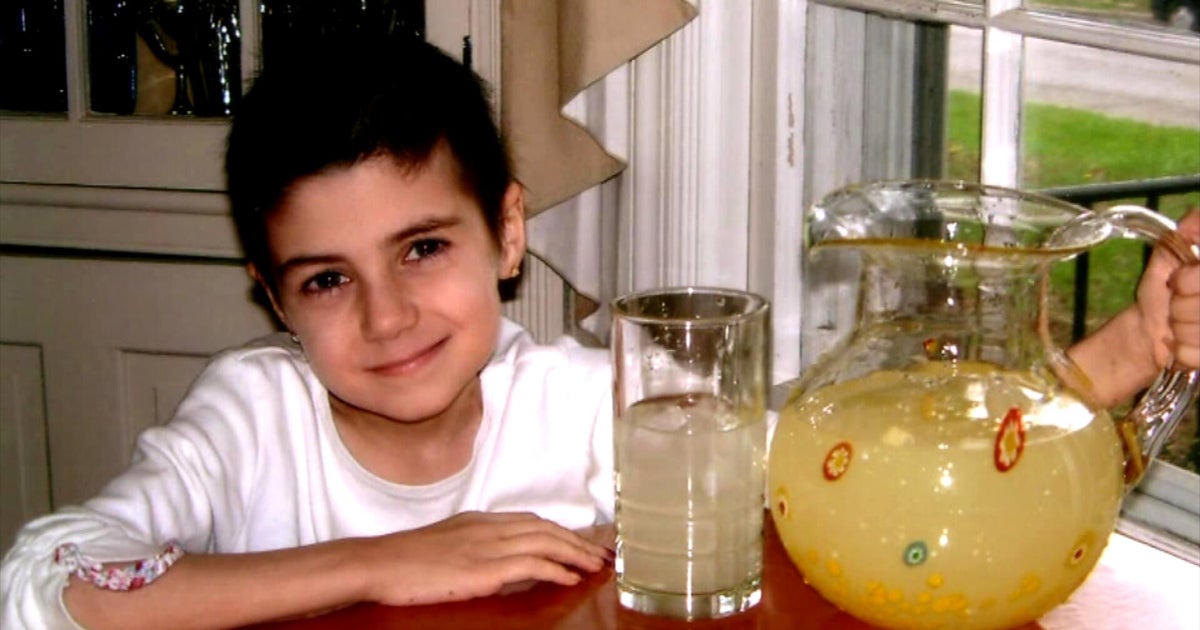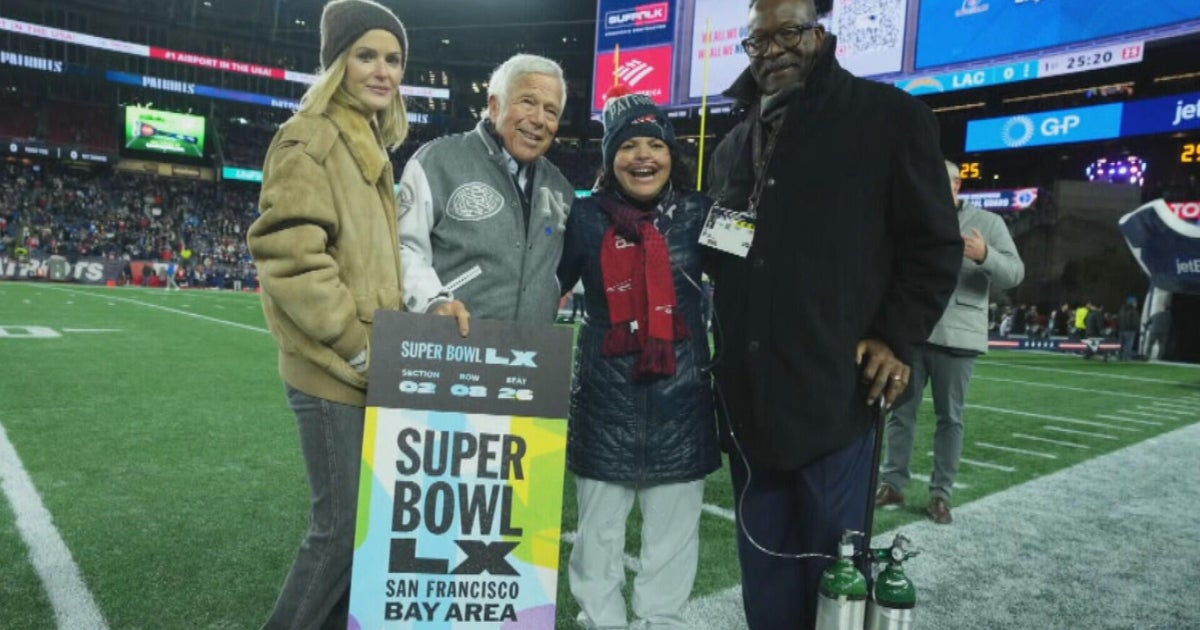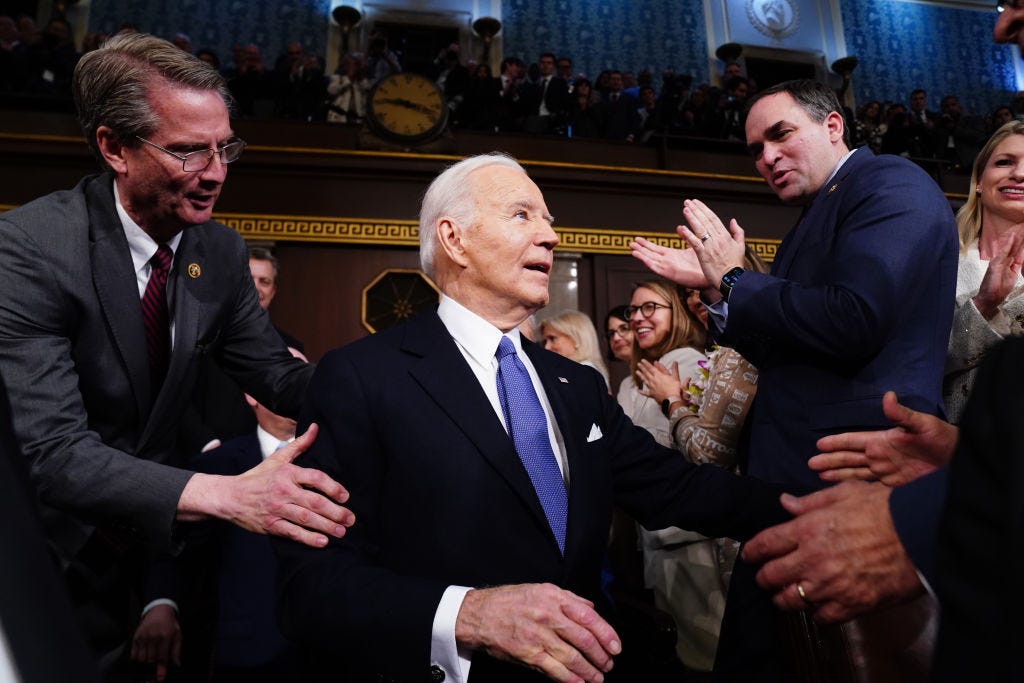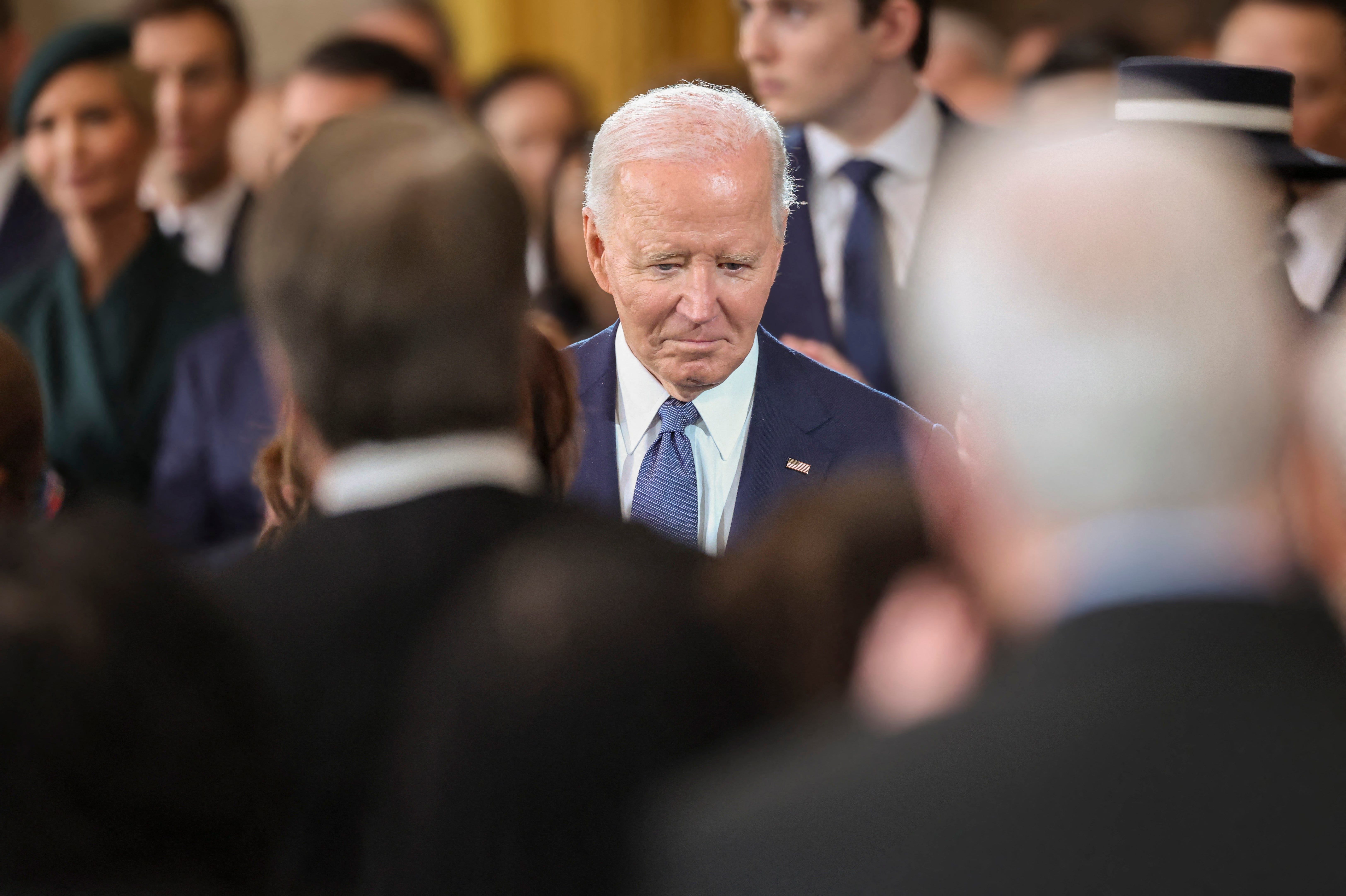Cancer survivors square off in the boxing ring to help find a cure
Our series "A More Perfect Union" aims to show that what unites us as Americans is far greater than what divides us. Every year, nearly 2 million more Americans are diagnosed with cancer. One innovative organization is letting cancer survivors lace up their gloves to give cancer a knockout blow. Chip Reid reports from a boxing gym near the nation's capital, where some of the fighters train.
Annie Dragolich got blindsided by breast cancer at the age of 31. But, now healthy, she's picked a different fight. Annie is in a boxing ring — something she said she never imagined — with the help of Haymakers for Hope, a non-profit that pairs people who are literally fighting for a cure.
Now in its ninth year, Haymakers for Hope helps people train for and compete in charity boxing events to raise money for cancer research and awareness.
The group's founders met at the gym. Co-founder, Julie Anne Kelly, who is a cancer survivor, said she started boxing after treatment.
"After treatment, I kind of fell into a little bit of a depression," Kelly said. "And I just said to myself, 'You're here. Other people don't get to experience what you're experiencing. Throw that out and do something good.' And I started boxing and just absolutely fell in love with the sport. It was medicine for me just as much as chemo and radiation was. It was something that I needed."
The organization has raised more than $13 million at 26 charity events, including "Belles of the Brawl," featuring all-female fighters, and an event in Washington where Pranav Vora, a lymphoma survivor, stepped into the ring.
Is there anyone Vora thinks might be looking forward to seeing him getting punched in the face?
"Oh, plenty of people, absolutely," Vora said with a laugh.
"I'm sure I have some exes out there who would love it," Dragolich said.
Haymakers for Hope provides a trainer and a gym, and they're not pulling any punches.
"This is the real thing, yeah. I expect that my opponent's going to come out ready to knock me out... I mean, I hope she doesn't, but," Dragolich said with a shrug and a laugh.
Dragolich spent four months in grueling training, learning how to defend against — and land haymakers — of her own.
Vora trained five days a week, even with his own business, two young kids and a wife who wasn't always on board.
"I didn't tell my wife until after the fact," Vora said. "And so, every day, she's like, if you want to continue doing anything like this, we're going to have a discussion about it."
But on fight night, she was in his corner.
Dragolich's cheering section included her mother and sister, also a cancer survivor. When Dragolich won, she said she wasn't surprised.
"What did I tell you?" Dragolich said.
"You said you were gonna win!" Reid responded.
She won with the confidence that comes when you've already won the fight of your life.
Haymakers for Hope will be holding its biggest event yet next month in New York.





